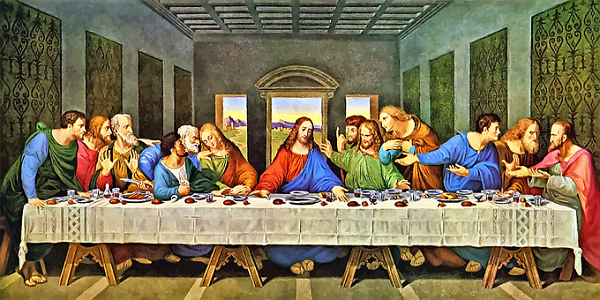September 17, 2005.
Are all parts of the Bible of equal value? Is the entire Bible our rule of faith and practice? Can we learn what God wants us to do from just any book of the Bible? There is no question that the entire Bible is the inspired Word of God. That is not in question here. The question is if all parts of the Bible apply equally to us today. The question is if we can prove God’s truth for today by quoting just any text in the Bible.
A little reflection causes us to proceed with caution here. For example, God told Noah to build an ark. Only a mentally deranged person would claim that we should all build arks today. On various occasions and for sundry reasons, God told the Israelites to stone to death certain sinners. Do you know anyone who claims we ought to do that today? These two simple examples should put us on guard. We should ask the question, “Which commands in the Bible are intended for us today?”
Six hundred years before the Word took on human flesh, God foretold a coming big change: “Behold, the days come, says the Lord, that I will make a new covenant with the house of Israel, and with the house of Judah: not according to the covenant that I made with their fathers in the day that I took them by the hand to bring them out of the land of Egypt” (Jer. 31:31-32).
Once you have a new car, your former car is your old car. Once you have a new covenant, the former covenant is the old covenant. That is exactly what Heb. 8:13 says, “In that he says, A new covenant, he has made the first old.” What was the first? Jeremiah said it was the covenant God made with Israel when He brought them out of Egypt.
Jeremiah predicted “a new covenant.” Our minds move fast forward to Jesus and the twelve on the night He was betrayed. Jesus said of the fruit of the vine, “This is my blood of the new testament” (Matt. 26:28). It is recorded slightly differently in Luke 22:20 and 1 Cor. 11:25: “This cup is the new testament in my blood.” Either way, the fruit of the vine in the cup involves Jesus’ blood and it involves the new testament (or covenant). Thus, it is clear that Jesus’ shed blood on Calvary brought in the new covenant predicted by Jeremiah six hundred years earlier.
A new covenant was predicted, and that would automatically make the first one old. The fulfillment of this prophecy has tremendous consequences on how we read, quote, and use the Bible. (More next time.)
